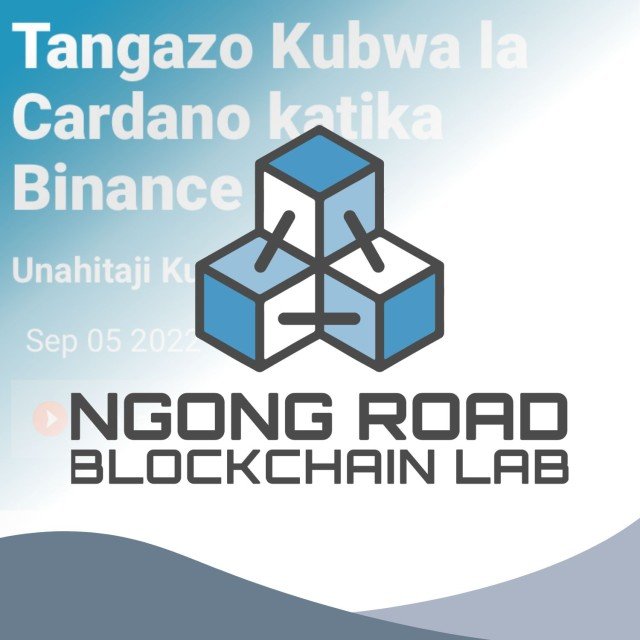Please describe your proposed solution
The Cardano/KERI identity ecosystem is the leading blockchain implementation of the KERI identity protocols. KERI supports production identity solutions such as the GLEIF vLEI providing secure organizational identity in banking, finance, supply-chain, telecom and cross-border industries.
Aligned with Cardano Foundation, RootsID is promoting Cardano as the main Blockchain Watcher for GLEIF vLEI Identifiers and Verifiable Credentials. We are strongly believers that Cardano is the best alternative to provide transparency, auditability, availability, timing, consensus, and decentralization to Enterprises and Legal Entities. To push the adoption, we propose to enhance the open source Signify Browser Extension to support extra capabilities and publish a production version in the main browser stores.
In order to understand the importance of the solution we need to explain what the GLEIF vLEI ecosystem is.
The vLEI is an ISO standard, standing for “Verifiable Legal Entity Identifier,” is a digital and cryptographic evolution of the traditional entity identifier known as LEI. It enables decentralized and automated validation of organizational identities. vLEI also allows the distribution of credentials that link individuals to formal organizational roles, allowing them to authenticate their identity in various activities from financial transactions to official communications.
The Legal Entity Identifier (LEI) was established in the wake of the 2008 financial crisis, providing a distinct and unique identifier for entities involved in financial transactions. While the LEI system has significantly enhanced transparency in the financial sector, the rapid pace of digital transformation called for its evolution. To meet the needs of the modern digital ecosystem, the Verifiable LEI (vLEI) was introduced. The vLEI retains the unique identification attributes of the LEI and augments them with verifiability, ensuring that the digital identity is both authentic and unaltered.
[source]
We should also introduce the KERI technology. You can find useful to hear the following interview at the Cardano Summit 2023 to Thomas Mayfield, team lead of Cardano Foundation's Decentralized Trust and Identity Solutions, or to read the following post at Medium that we use to cite the following:
In recent years, the Key Event Receipt Infrastructure (KERI) has emerged as one of the most promising technologies within the Self-Sovereign Identity (SSI) ecosystem. It was first presented by Sam Smith in his paper . KERI has a decentralized secure root-of-trust based on cryptographic self-certifying identifiers. It uses hash chained data structures called Key Event Logs that enable ambient cryptographic verifiability. In other words, any log may be verified anywhere at any time by anybody. It has separable control over shared data which means each person or entity truly controls their own identifiers.
<u>Our Solution</u>
We will enhance the KERI secure browser extension and publish a production version in the browser stores to enable webapp builders and users to participate in the Cardano/KERI vLEI ecosystem. This browser extension was initially developed by RootsID as the winners of a [bounty](<https://docs.google.com/document/d/1mq82RDRGfoOMCs8sR8Cuj_hMC5i1_aP7e6DVqp8o13g/edit#heading=h.br04cm4k5rsy >) provided by Provenant.
The browser extension, initially implemented for Chromium browsers, uses signify-ts to connect to a KERIA agent and retrieve user Indetifiers (AIDs) and their associated keys and credentials. Those AIDs and credentials are used to sign in to enabled websites. Once a signin is associated with a website, it's stored in chrome store for future use.
The Signify Browser Extension as in its current state lacks some basic features needed to support Cardano as well as advance functionalities to issue and present verifiable credentials.
In this project we propose to implement the following features to the open source project:
- Support for AID Key Event Logs backed in Cardano
- Support for single-signature indentifier operations
- Support for multi-signature identifier operation
- Out of Band Introductions
- Cryptographic challenging and responses
- Credential presentation exchanges (IPEX protocol)
- Integration wallet-webapp
Finally, we will publish the production version of the identity browser extension to the main browser stores.




